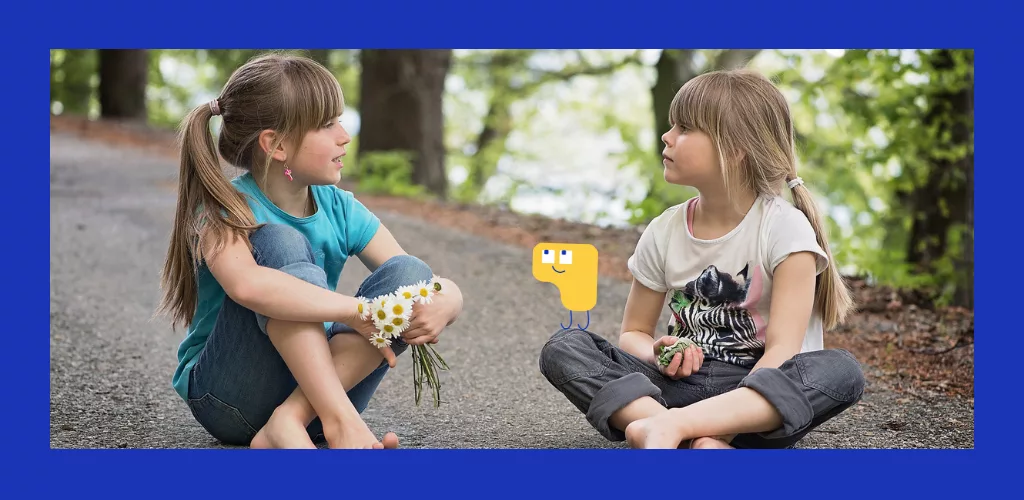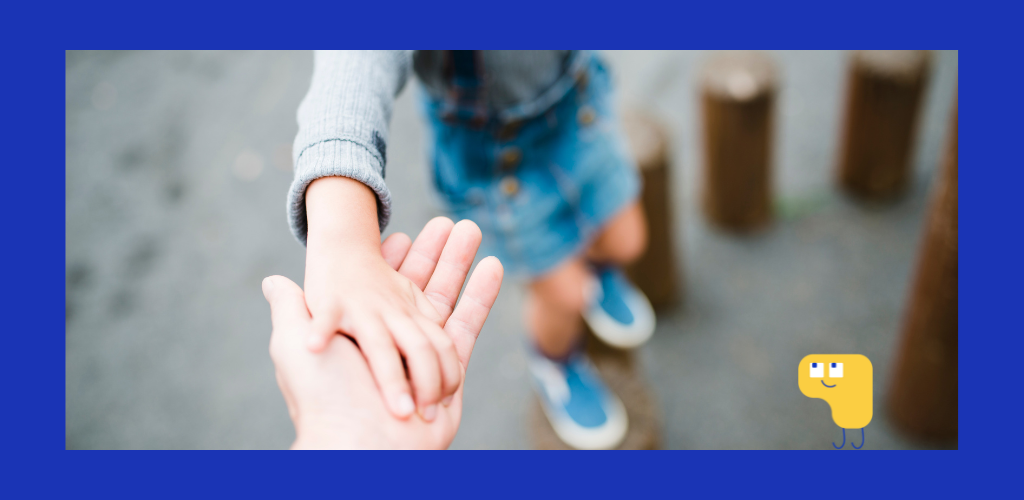For those of you who have been following us since the beginning, or who have just discovered Soft Kids, we'd like to tell you a little more about the application. In this article, we share with you some of the secrets behind our programs...
How was the Soft Kids App designed?
To build our application, we drew on the autonomy principles of Montessori and positive pedagogy. When it comes to the subjects covered, we've also drawn on the expertise of experts and other startups. To make the tool attractive to children, we also use the principles of gamification (stimulating and fun games) to gently introduce them to soft skills.
Which experts were contacted?
When we develop programs, we call on an expert in the subject of the "soft skill" we're dealing with. For example, for the self-confidence program, we called on the advice of a child psychiatrist who works in a hospital with children who have difficulty socializing or who develop disabling shyness. For the critical thinking program, we're collaborating with startup La Carabane, which organizes philosophy workshops for children. As for our perseverance program is being developed with a coach certified in neuro-linguistic programming.
How do you go from theory to play on the app?
For each "soft skill", we determine the levers to be developed to encourage the acquisition of the skill concerned. Then, we adapt them to children with the appropriate pedagogy. Depending on the subject, we find the appropriate games and gamification: role-playing, thinking games, speed games...
Why use gamification as a teaching tool?
The term "gamification" refers to the use of game elements in an activity that is not originally a game. The aim is to encourage active, involved behavior in the tasks concerned.
According to Charles Coonradt (1984), the "grandfather" of gamification, the 5 principles of gamification can be summarized as follows:
- Well-defined objectives
- Means of counting points
- Frequent feedback
- High degree of personal choice or methods
- Ongoing coaching
Businessman Seth Priebatsch in his TedTalk conference ("The game layer above the world") identifies 4 powerful mechanics that can be extracted from video games. Three of these mechanics are applied in the Soft Kids application:
Dynamic appointments: this involves giving the user an "appointment" with the aim of getting them to visit the application at certain well-defined times of the day.
Dynamic progression: this often involves feedback on the user's progress (e.g. progress bar, percentage, etc.).
The collective discovery process: in this case, several individuals join forces to win a challenge.
Generally speaking, the various studies on gamification demonstrate positive effects on learner engagement in the learning process.
What benefits can we expect from soft skills training?
The use of stimulating and fun play elements can increase children's engagement. Similarly, a feedback system in the form of rewards can be a source of pleasure and motivation. The presence of levels also enables learning to be broken down into stages, adapting the degree of difficulty to the child, who can then progress by mastering skills at his or her own pace.
When learning is geared towards entertainment, the process can be highly enjoyable. Games are a far cry from repetitive, boring methods based on simple memorization of data. If implemented carefully and thoughtfully, gamification can therefore be beneficial, particularly in the field of education.
The Soft Kids team designs each program in such a way as to simplify the assimilation of soft skills through games, videos and quizzes, which are then included in each module. These principles make learning soft skills much more accessible in terms of time, space and approach, so that it's as effective as possible, as well as being fun!
And here are our secrets for giving children the keys to the future and having happy kids!






0 comments